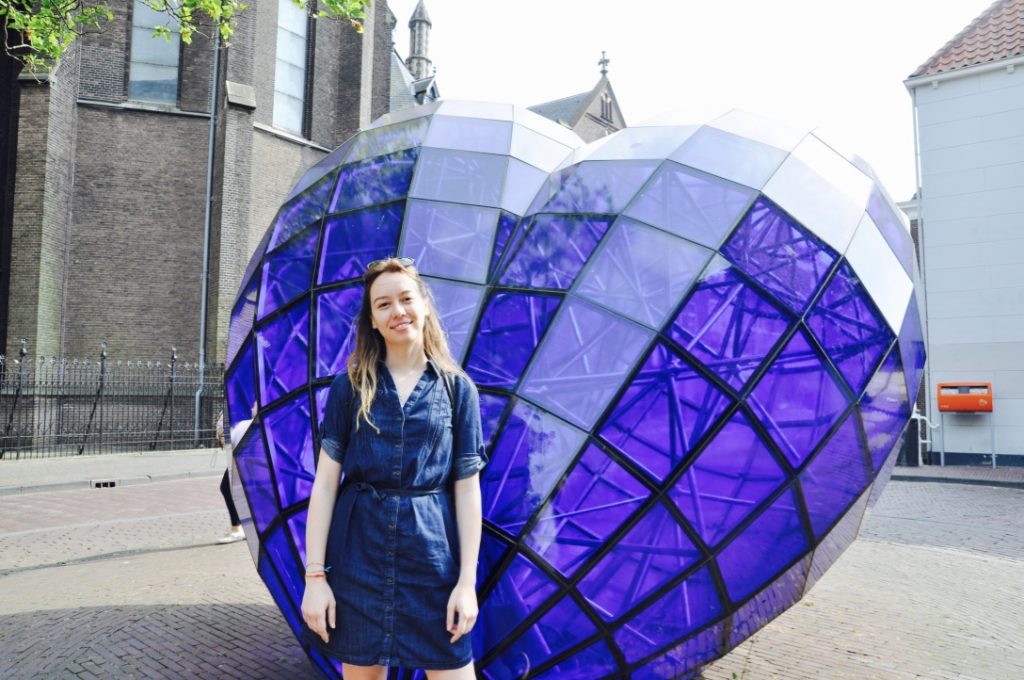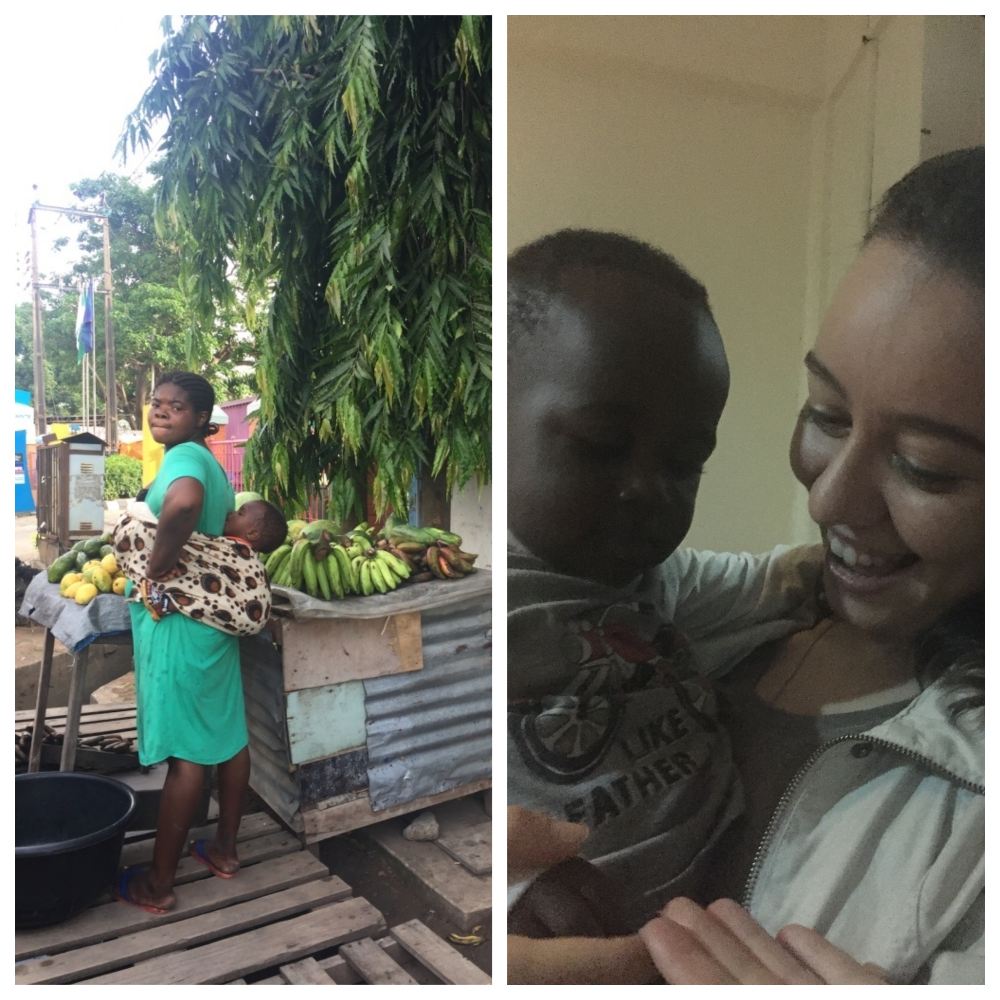Design and innovation have always been at the forefront in addressing the challenges of our world. With the scope of design extending so broadly, contributions to social development can often fly under the radar, but their impact on daily lives of people are momentous. Hande Işık Tosun embodies such understanding, with an ambitious persona dedicated to meeting the needs of our era. With a background in Industrial Design, having received her PhD from Turkey’s esteemed Middle East Technical University, Hande’s professional background also reaches into the fields of engineering and sociology, as well as user experience research. Her work in human-centered design sees her taking on obstacles facing communities globally, maintaining a focus on sustainable and ethical approaches, illustrated by such projects as her work in Africa helping underprivileged BoP communities and navigating the inherent complexities therein. Her passion extends beyond her own individual work, also sharing her knowledge as an instructor at TOBB University of Economics and Technology in Ankara. Hande looks forward to a horizon of social change for good, cultivating a balance between theory and practice, and involving an array of perspectives to make sure everybody’s voice is heard.
We took some time to speak with Hande on the fundamentals of human-centered design and its distinctions from industrial design, the importance of trans-disciplinary and collaborative pursuits, her empowering work in Africa, the potential of her field for pursuing social transformation, and what comes next for this compassionate designer.

Could you tell us a little bit about yourself?
Sure. I am a multidisciplinary designer with a background in industrial engineering, sociology, and industrial design. I obtained my PhD degree in industrial design from Middle East Technical University (METU) this year. Currently, I am teaching basic design and design methods courses as a part-time instructor at the department of industrial design at TOBB University of Economics and Technology. And, I am trying to achieve a well-balanced life in Ankara while not staying away from beautiful Istanbul.
Professionally, your focus is on human-centered design with your Ph.D. being in industrial design. Could you tell us a bit about these fields more broadly and any important distinctions?
For a clear distinction, let me refer to the definitions provided by World Design Organization and IDEO. Industrial design is defined as a “strategic problem-solving process that drives innovation, builds business success, and leads to a better quality of life through innovative products, systems, services, and experiences” (WDO, 2020). It is a domain benefiting from trans-disciplinary lens to reframe problems and find opportunities.
Whereas, human-centered design is a creative approach to problem solving that highlights hands on learning, empathy and iteration in order to get desirable, feasible, and viable solutions. It is especially aimed at finding new and innovative solutions to complex problems through the process of diverging and converging.
It starts by understanding humans’ hopes, fears, and needs, continues with ideation and implementing an idea to “maximize its impact in the world.” (IDEO.org, 2015). As shown by the definitions, industrial design is a domain aiming at the betterment of products, services, systems, experiences, and businesses in a creative and innovative way, whereas human-centered design is a methodology for empathizing with the needs of all stakeholders of a complex problem and solving the problem in an impactful way.
With your multi-disciplinary background, where do you see your passion within the world of design?
I am very much interested in exploring holistic, systematic, and responsible design visions given the challenges of today’s world. I am fueled by creating positive impact in society and taking part in its transformation for good.

Is there a particular work or project you’ve focused on that has proved especially meaningful for you?
Yes! Indeed, there is one project that has been truly impactful. In 2016, I worked in an innovation project of BSH Home Appliances as a user researcher. The project aimed to increase quality of life of African people living at the bottom-of-the (economic) pyramid. As a team, we worked on an innovative cooler concept that did not require electricity to run. The complexity of the project was not only due to constraints of technology development and contextual constraints of Africa; building the right strategy for addressing the needs of people in a human-centered way was also one of our concerns.
At the beginning of the project, I saw the potential of applying a human-centered design approach and we adopted this strategy as a team. In order to understand the needs in a deeper way, we went to Africa and did field research there. Being a user researcher of a project like this was so empowering.
I also had a chance to observe the necessity of global collaborations to make such an ambitious project to achieve and I learned a lot while partaking in collaborative process. Embracing ambiguities, empathizing with the needs of several stakeholders, sometimes mediating communication among them, and facilitating creative conversations were some of the skills I obtained through the process.
As an educator, what do you see as the most valuable lesson for aspiring designers to take to heart?
We are living extraordinary times. Given the complexity of this era and unfortunate problems we face, our perspectives we have built so far are and will be under transformation. In order to adapt to this change, we designers need to learn how to think holistically, systematically, and strategically. We need to learn how to collaborate with people from other disciplines. We need to spend more time in gaining awareness about our skills, mindsets, and values. Even, we need to spend time for focusing on our mindfulness. I believe, there is no one way of doing things anymore; this is the age of multiplicity and different perspectives!

How did you meet with ATÖLYE and how do they fit into what you’re doing?
Learning about ATÖLYE dates back to last year. After seeing the beautiful notebook of imece, with its white and yellow cover and nice graphics, and researching about ATÖLYE and the imece platform, I was so impressed by the fact that such a contemporary and collaborative work space was closer than I would thought!
I have been a digital ATÖLYE member for six months now and I can feel that I belong in this community. I know that I’m a Slack message away from an ATÖLYE member with similar or complementary interests. I really like the intellectual atmosphere, versatility of opinions, and exchange of them. I feel that I have a lot to share with this community, learn from, and collaborate more in the future.
What are some of your goals for the near future? Anything on the horizon you’re especially excited about?
Motivated by putting theoretical knowledge into use in real life problems, I would like to take part in initiatives that aim for overall social transformation. My intention is mediating conversations between academy and industry for real world problems by bridging theory and practice. I am looking forward to carry out my own research project which I would be collaborating with multiple stakeholders for sustainable development and social good.
Any places in Turkey you’d like to recommend for foreigners to check out?
I believe Turkey has so much to see in terms of nature, historical places, and more… As a person who loves nature and a wannabe birdwatcher, I suggest everyone to visit Kızılırmak Deltası Kuş Cenneti in Samsun. I went there this summer, and it was a unique experience observing countless birds, horses, and water buffalos in their natural habitat while cycling in fresh air. Say hi to lovely Turbo, the dog of the facility, if you go there!
To keep up with Hande and her work, you can follow her via LinkedIn and Research Gate.
ATÖLYE Spotlight is our series on the inspiring community members of Istanbul’s most creative space.
All images courtesy of the interviewee.









